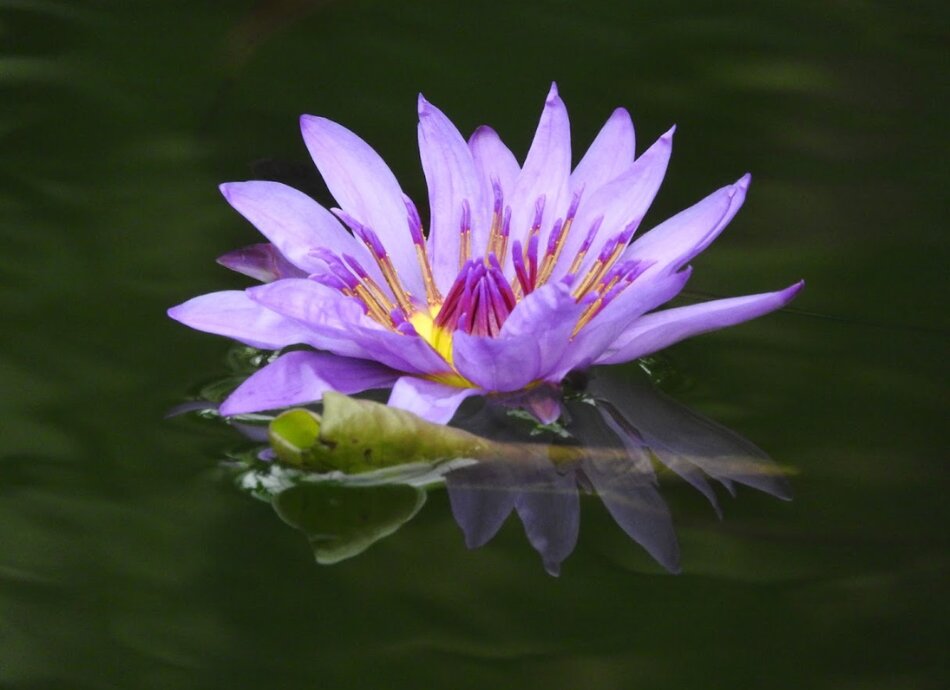Giving your baby a name can help you and those around you to identify and connect with your baby. It also connects your baby through whakapapa links to its ancestors. Some names are suitable even if you don’t know whether your baby is a boy or girl. You may wish to have your baby blessed or baptised or to hold a naming ceremony.
Love our website? We do too. Did you know we're a charity? Donate now to help us keep it free for everyone in Aotearoa New Zealand.
Things that may help after the loss of a pregnancy
Key points about pregnancy loss
- The loss of a pregnancy, whether in the early stages or late, is one of the most difficult times that a family can experience.
- There is no ‘normal’ when it comes to the grief that you may experience at the loss of a baby.
- Give yourself time to process the physical and emotional pain of your loss and reach out to those around you for support.
- The information below has helped other bereaved parents and may help you through this difficult time.

It is your choice whether or not you would like to see and hold your baby. If you are not sure, talk with your midwife, family/whānau member or nurse. You will be given privacy and as much time as you want. You may wish to unwrap your baby and look at them, or give your baby a sponge bath. You may wish to take your baby to a special place that has significance for you, but be aware of the appropriateness of where you take your baby and how this may affect other people.
You may not feel like looking at them right now, but having photos to look back on can provide a healing and tangible connection with your baby. Take photos of your baby on their own, clothed and unclothed, and of you and other family members holding your baby. Include close-ups of their hands and feet. If your baby has a visible abnormality, a photo of this can help answer questions that arise later. If you don’t want to take the photos yourself, ask your midwife or nurse if there is someone who can take photos for you. Some people choose to have footprints or handprints taken, or you may like to trace around them.
You may like to acknowledge the birth of your baby by placing a notice in the births and/or deaths column in the newspaper. This is a way of letting your community know about the life that has come and gone within your family.
It’s easier to grieve and then recover if you can keep and handle some reminders of your baby. Create a memory box with scans, pregnancy tests and other mementos such as a lock of hair, cot cards, birth cards, hospital wrist or ankle bracelet, baby’s blanket or clothing. You may also like to have a record of your baby’s weight and length. Your midwife, nurse or social worker will be able to help you gather some of these things.
A remembrance service is a way of honouring the life of a person who has died. And your baby did have a life, however short. A formal goodbye helps you to accept that someone you love has died. If your baby dies before 20 weeks of pregnancy (miscarriage) and weighs less than 400 grams, there is no legal requirement to register your baby's birth or to bury them. You are still welcome to hold a funeral. If your baby was stillborn after 20 weeks of pregnancy, and/or weighing more than 400 grams (if the dates are uncertain), there is a legal requirement to have their birth registered and for them to be buried or cremated in an appropriate manner.
Learn more about the legal requirements for funerals and registering your baby(external link).
If you need support or advice, get in touch with a bereavement service or talk to your midwife or doctor. Support services include:
- Whetūrangitia(external link) Information for family and whānau experiencing the death of a baby or child
- Stillbirth and Neonatal Death Support (SANDS)(external link) Pregnancy, baby and infant loss support
- BabyLoss NZ website(external link) for practical advice and information
- BabyLoss NZ Facebook page(external link)
- Skylight(external link) for counselling services
- Grief Centre(external link)
- SIDS(external link) (facebook page)
- Lifeline(external link)
- Miscarriage Support Auckland(external link)
- Still Aware(external link)
Apps
Resources
Sleep on side when baby's inside. Cure Kids, NZ, 2018.
Available in the following languages: English,(external link) te reo Māori, (external link) Samoan, (external link)Tongan, (external link) Hindi(external link)
Credits: Healthify editorial team. Healthify is brought to you by Health Navigator Charitable Trust.
Reviewed by: Dr Alice Miller, FRNZCGP
Last reviewed:
Page last updated:





